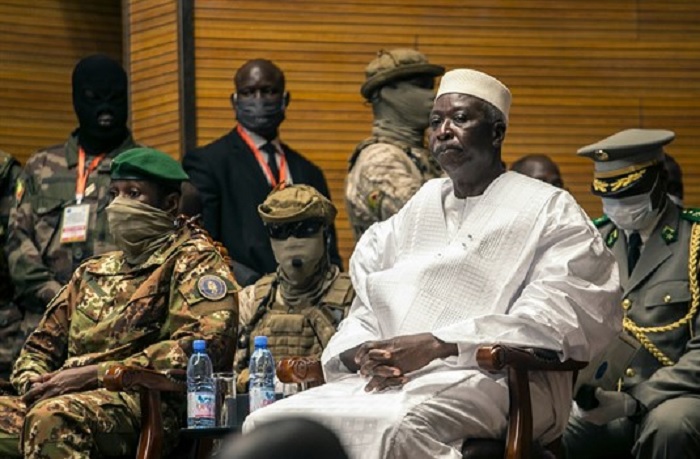
The United States has mostly avoided in Africa the costly mistakes it made in Afghanistan and Iraq. If that is to continue, a good understanding of internal developments and issues in African countries will be crucial. Until now, the United States’ primary concern in Mali has been the jihadist insurgency in the northern and central parts of the country.
A secondary priority was the promotion of democracy, which translated into an emphasis on regular, credible elections. With the military coup this summer—Mali’s second in less than a decade—and with mounting attacks by jihadists, that policy is not working. The current crisis in Mali, then, will be a test of American diplomatic sophistication.
Before its earlier coup in 2012, which soldiers launched over their displeasure with the government’s handling of the Tuareg rebellion in northern Mali, the country had been holding seemingly credible elections for decades, making it a “poster child” for representative government in Africa. But in many transitioning democracies, elections are not so much an expression of popular will as they are an exercise designed to legitimize elite exercise of political power, and Mali was no different. The paradox is that Washington’s preoccupation with elections does not necessarily lead to durable democratic institutions or the rule of law, in Mali or elsewhere.
